VAT Considerations for Digital Assets: Cryptocurrency, NFT, In-Game Purchases

Digital assets, such as cryptocurrency and NFTs, offer new investment opportunities, establish new business models, and create an entirely new business and investment environment. Moreover, cryptocurrency, NFTs, and in-game purchases of digital assets became an integral part of online transactions and the digital economy.
However, for Tax Authorities worldwide, this opened a new chapter for reforming and adjusting tax systems to capture revenue from these digital assets. Consequently, changes to the regulatory frameworks meant additional requirements for taxable persons.
This article offers an overview of some basic taxability rules to help those who create, issue, mine, exchange, or use digital assets in any other way understand how indirect taxes, such as VAT or GST, apply to these transactions.
Cryptocurrency and Taxation
Cryptocurrencies, such as Bitcoin, Ethereum, or Dogecoin, which Elon Musk publicly endorsed, are decentralized digital currencies facilitating peer-to-peer transactions without central authority oversight.
Cryptocurrencies are exchanged without verification from central banks or other financial institutions and are recorded with blockchain technology. The applicable VAT and GST rules vary across jurisdictions, reflecting different interpretations of cryptocurrency's nature.
For the EU market, the Court of Justice of the European Union (CJEU) issued one of the most significant rulings in 2015 addressing the VAT implications for transactions involving the exchange of traditional currencies for the digital currency Bitcoin, and vice versa. The ECJ ruled that the exchange of conventional currencies for Bitcoin is exempt from VAT under the provision concerning transactions relating to currency, banknotes, and coins used as legal tender.
Therefore, the ECJ determined that cryptocurrencies should be treated similarly to traditional, or fiat currencies, for VAT purposes, making their exchange VAT-exempt. Consequently, any transaction regarding the supply of goods or services paid for with cryptocurrencies is subject to standard VAT rules.
The EU adopted and implemented several regulations to further regulate the crypto-asset market, including the Markets in Crypto-assets (MiCA) Regulation and DAC8.
Australia took a similar approach. Thus, when a GST-registered business accepts cryptocurrency as payment for goods or services, it is treated similarly to receiving traditional money. The amount received must be reported on the Business Activity Statement (BAS) in Australian dollars. Consequently, if GST-registered businesses use cryptocurrencies to pay for goods or services and want to claim GST credit, they must ensure that the GST amount on the BAS is in Australian dollars.
If a GST-registered business buys or sells cryptocurrencies to Australian residents, related transactions are considered input-taxed financial supplies, meaning GST is not included in the price, and GST credits cannot be claimed.
However, when trading cryptocurrencies with non-residents outside Australia, transactions are GST-free, meaning they do not include GST in the price. GST credit can still be claimed on purchases of these assets.
Taxability Rules for Non-Fungible Tokens
Non-fungible tokens, known as NFTs, are unique digital assets similar to cryptocurrencies. They are authenticated using blockchain technology and typically associated with digital art, collectibles, and virtual real estate. Due to their unique nature and the digital platforms through which they are traded, taxability rules for NFTs are often complex.
In 2023, the European Commission, specifically the VAT Committee, released a working paper concerning applying EU VAT rules on NFTs. Although the consensus has not been reached, initial comments and considerations suggest that the sale of NFTs could be classified as electronically supplied services (ESS). Consequently, transactions relating to the sale of NFTs would be subject to VAT in the EU country where the consumer resides, aligning with the EU-wide rule for digital services.
However, several EU countries, such as Sweden, France, and Spain, released guidance for applicable VAT rules. For example, the French Tax Authority stated that VAT treatment of NFTs depends on the nature of the goods or services linked to them, distinguishing NFTs from other crypto assets. The Tax Authority added that NFTs can be considered a supply of services or digital services when their issuance is largely automated.
The Swedish Tax Agency published its decision on the VAT rules for NFTs linked to a digital work, stating that it constitutes a taxable supply of services for VAT purposes.
In Canada, NFTs are not considered a virtual payment instrument, meaning that the sale transactions are treated as supplies of intangible personal property subject to GST/HST. Exemptions from these rules are provided for small suppliers not registered for GST/HST and zero-rated supplies, such as certain exports.
Australian Taxation Office (ATO) highlights that NFTs are not digital currency and are generally treated as supplies of digital products or services. The treatment of NFT-related transactions depends on whether the transaction meets the requirements to be considered a taxable or GST-free supply.
VAT Rules for Digital Goods In-Game Purchases
In-game purchases, which encompass virtual currencies, cosmetic items such as skins, and other digital goods within video games, have become a significant source of revenue in the gaming industry.
In 2024, the EU VAT Committee published guidelines for VAT treatment of skin sales in the secondary market, referring to in-game purchases. When an individual sells these skins to other players through an online platform and receives payment that can be quantified in monetary terms, this transaction is considered a supply of services made for a fee.
Should such an individual regularly engage in those sales, it is generally viewed as evidence of performing an economic activity. Furthermore, a seller is considered acting independently in these sales if they are not bound by an employment contract or similar legal ties with an employer or the platform.
Due to the nature of the gaming industry, many players are minors, so being of legal age is not a condition for being considered a VAT taxable person in this context.
Therefore, the VAT Committee concluded that individuals who regularly sell in-game products and do so independently perform an economic activity subject to VAT, making them taxable persons.
Conclusion
The regulatory framework for digital assets is still in development, and further changes should be expected. Understanding VAT and GST rules for cryptocurrencies, non-fungible tokens (NFTs), and in-game purchases is crucial for creators, investors, and businesses engaged in their creation, exchange, trade, and use. Therefore, all market participants should stay informed, monitor new rules or regulations, and assess whether they comply with national requirements.
Source: International Monetary Fund, ECJ Case C‑264/14, VATabout - EU DAC8 Directive, Australian Taxation Office - GST and digital currency, European Commission - VAT Committee Working Paper 1060, VATabout - France - VAT Treatment of NFTs Clarified, VATabout - Sweden - NFTs and Related VAT Treatment, Government of Canada, European Commission - VAT Committee Guidelines

More News from World
Get real-time updates and developments from around the world, keeping you informed and prepared.
-e9lcpxl5nq.webp)








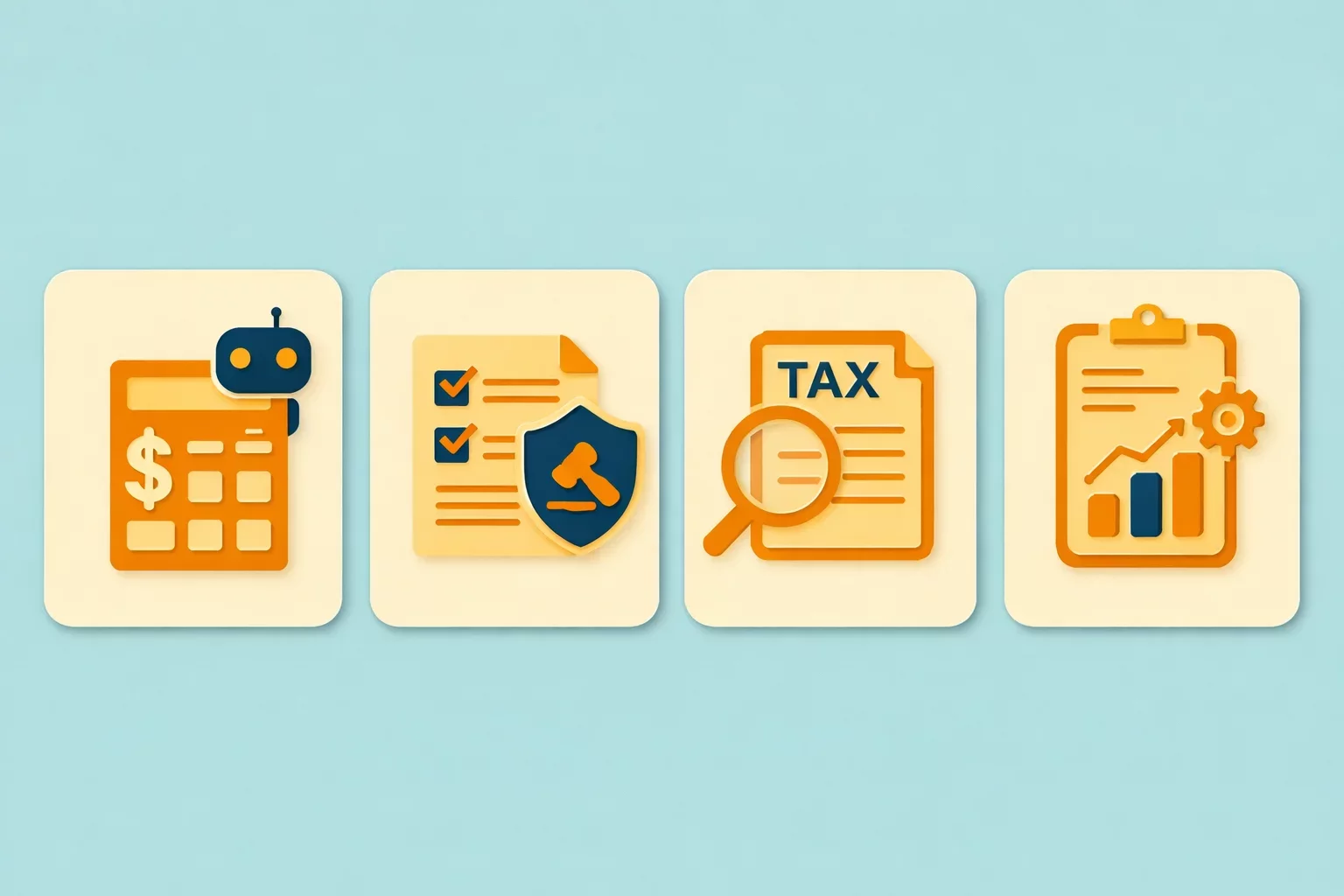





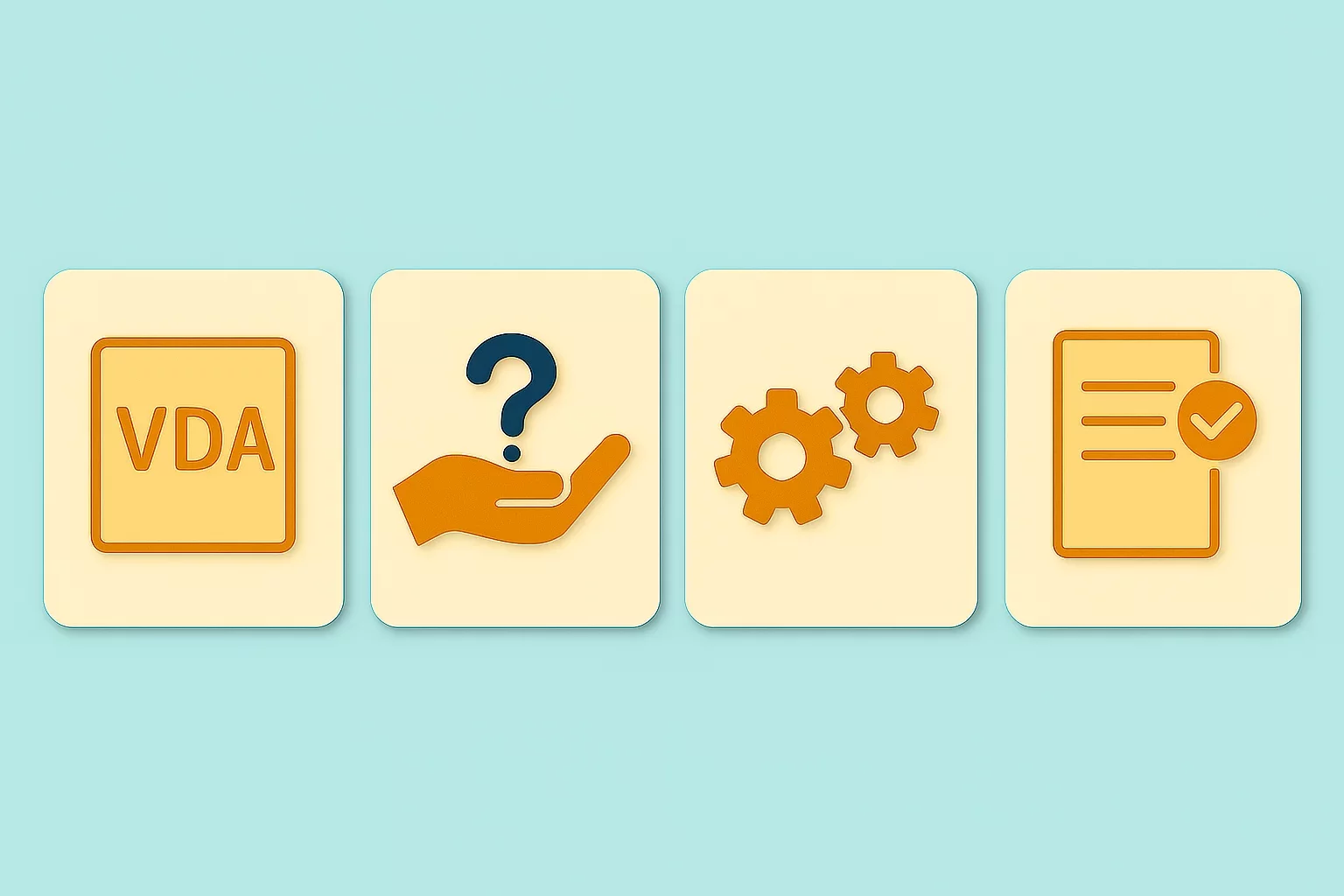


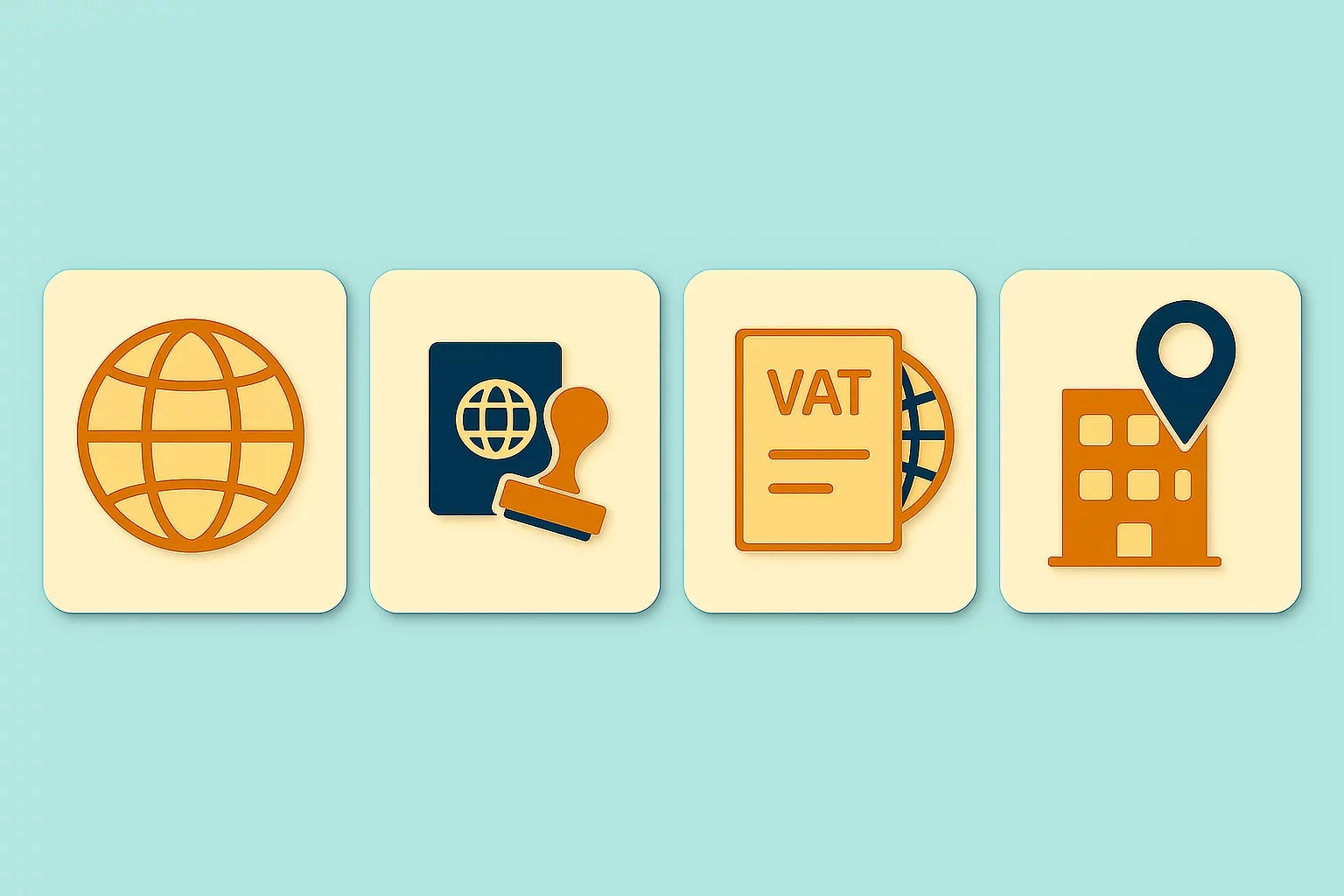













-7xdqdopxl6.webp)


-a9bz8kz2cs.webp)































